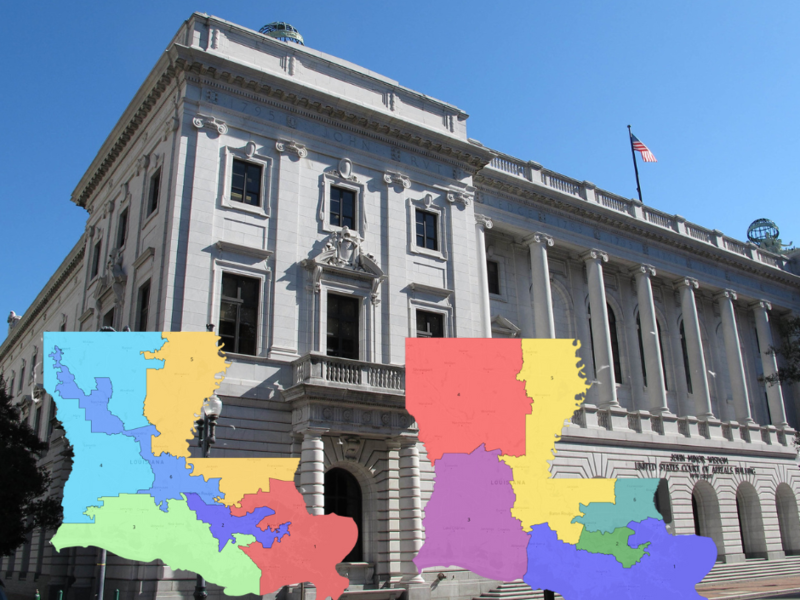
In a somewhat unexpected move, Justices John Roberts and Brett Kavanaugh sided with the Supreme Court's three liberals in a 5-4 verdict to affirm a federal court ruling that Alabama's Republican-drawn congressional map violates the Voting Rights Act by diluting Black voting strength. The landmark decision in Allen v. Milligan could reverberate across the Deep South, leading to the creation of new Black-majority, strongly Democratic seats in multiple states.
The ruling is the culmination of a push by civil rights groups and Democrats to unpack "hyper-minority" districts in the Deep South and seek more proportional representation for Black voters (we previewed this legal push in this September 2021 deep-dive in The Atlantic).
The 5-4 majority held that the Alabama map violated the court's long-standing "Gingles test" because plaintiffs demonstrated that Black voters could "constitute a majority in a second district that was reasonably configured." The test requires a majority-minority district be drawn if a racial group is politically cohesive, "sufficiently large and [geographically] compact to constitute a majority in a reasonably configured district" and voting is racially polarized.
Politically,









Subscribe Today
Our subscribers have first access to individual race pages for each House, Senate and Governors race, which will include race ratings (each race is rated on a seven-point scale) and a narrative analysis pertaining to that race.